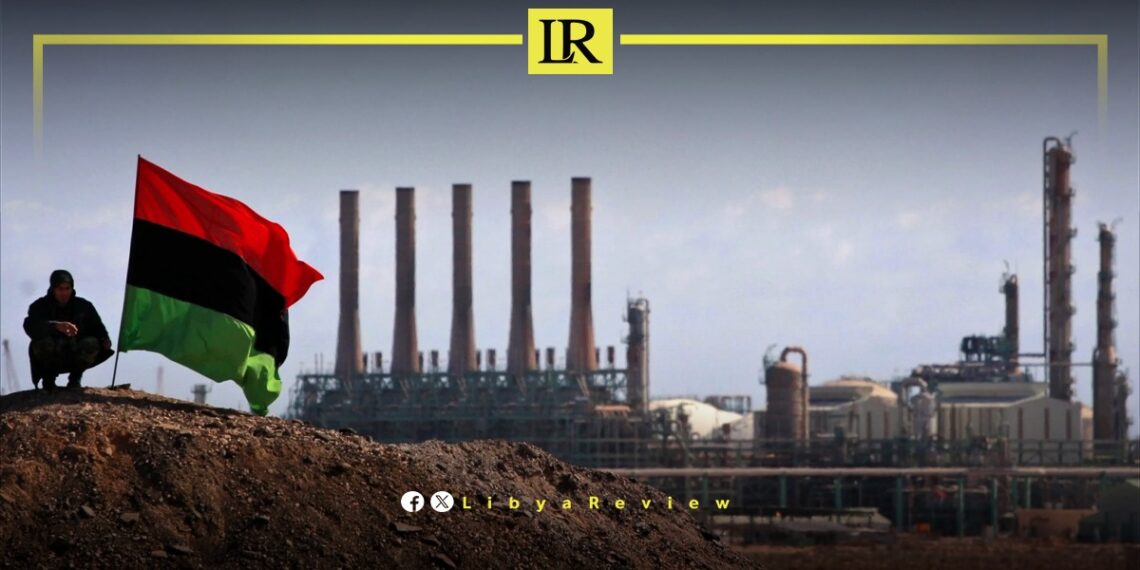The monthly report from the Organization of the Petroleum Exporting Countries (OPEC) revealed an increase in Libya’s crude oil production during June by 24,000 barrels per day. This brings Libya’s oil production to 1.2 million barrels per day, up from 1.177 million barrels per day in May.
According to OPEC’s monthly oil market report, Saudi Arabia experienced the largest drop in crude oil production in June, while Libya and Venezuela saw the most significant increases in daily production.
The National Oil Corporation (NOC) announced last Tuesday its plan to boost production rates through Waha Oil Company, aiming to raise its daily crude oil production to 322,000 barrels.
Additionally, NOC reported that the Sarir Oil Company achieved a daily production increase of 7,800 barrels as part of its strategic plan to enhance output.
In early July, an uncontrolled blowout at an oil well in Libya’s Atshan oil field has caused a complete halt to all operations, according to government sources. The Libyan National Oil Corporation (NOC) reported that ongoing drilling and testing operations, conducted by the Fayad Barqen 1 rig, recorded a blowout at well C3/1, leading to the loss of control over the well.
The blowout at the Atshan field resulted in the suspension of all operations and the complete shutdown of the drilling rig. However, the NOC later confirmed that its teams managed to regain control of the well, operated by Zallaf Libya for Oil and Gas Exploration and Production, within less than 24 hours.
Libya has been in chaos since a NATO-backed uprising toppled longtime leader Muammar Gaddafi in 2011. The county has for years been split between rival administrations.
Libya’s economy, heavily reliant on oil, has suffered due to the ongoing conflict. The instability has led to fluctuations in oil production and prices, impacting the global oil market and Libya’s economy.
The conflict has led to a significant humanitarian crisis in Libya, with thousands of people killed, and many more displaced. Migrants and refugees using Libya as a transit point to Europe have also faced dire conditions.


